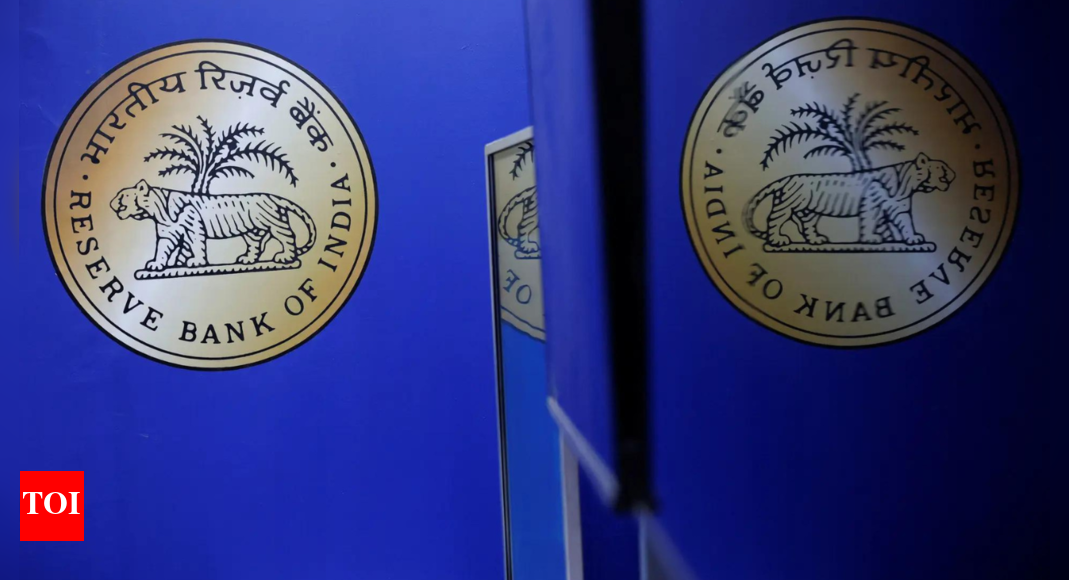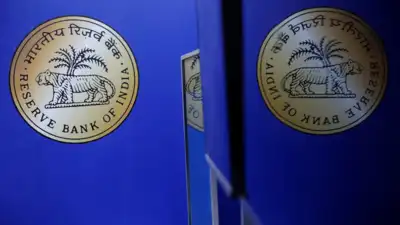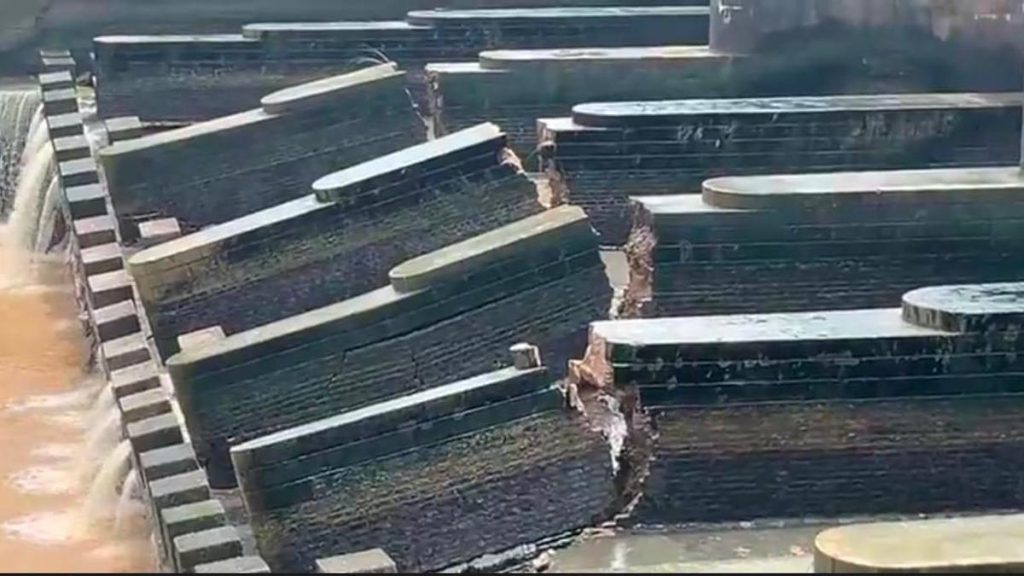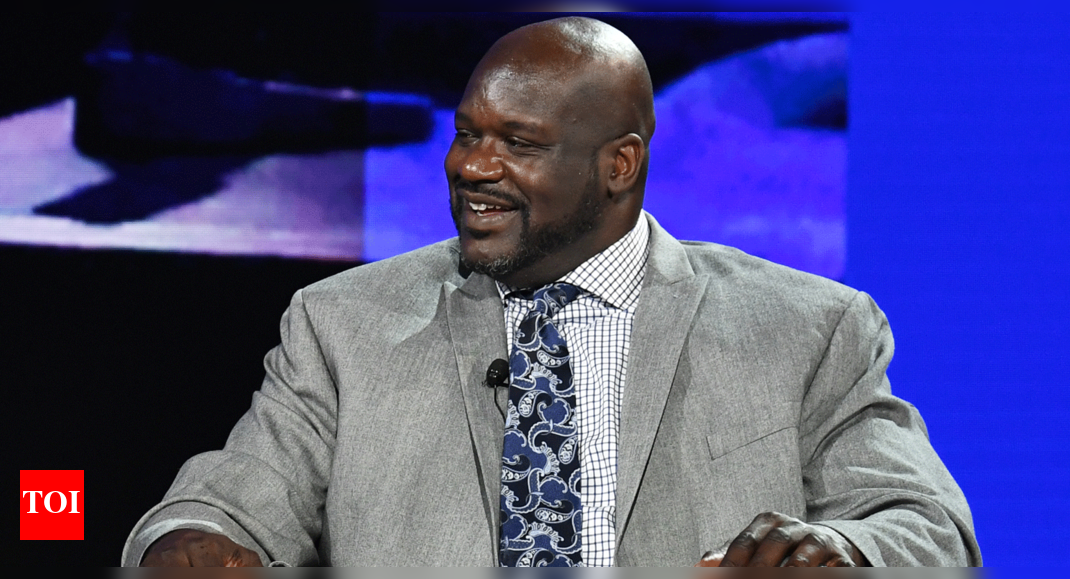Now Reading: Banks Liable for Delayed Payments to Heirs
-
01
Banks Liable for Delayed Payments to Heirs
Banks Liable for Delayed Payments to Heirs

Rapid Summary
- The RBI has introduced new rules to ensure prompt settlement of claims for funds and valuables of deceased customers starting January 1, 2026.
- Banks must settle claims within 15 days after receiving complete documentation,failing wich they will pay interest at the bank rate plus 4% (for deposits) or Rs. 5,000 per day (for lockers).
- The framework under “RBI Directions, 2025” seeks to eliminate procedural complications by standardizing claim processes for nominees, survivors, or legal heirs.
- Nominees can access funds and valuables with minimal documents like a death certificate and identification but are legally considered trustees of the actual heirs.
- Claims without nominations have simplified procedures for amounts up to Rs.15 lakh; higher-value claims might require succession certificates or indemnities backed by surety.
- Lockers can be accessed following similar verification protocols either by nominees/joint holders or legal heirs if ther’s no dispute; contents are inventoried in witness presence.
- Any credited payments post-death will be returned or moved into an estate account; premature closure of term deposits due to death won’t attract penalties.
- Standardized forms will be accessible online and offline, with banks mandated to promote the advantages of creating nominations.

Indian Opinion Analysis
The RBI’s new directive represents a progressive step towards balancing consumer interests in India’s financial sector while addressing grievances tied to deceased customers’ claims-a longstanding bottleneck often mired in procedural delays and bureaucratic obstacles which contribute significantly to unclaimed deposits.
The specified timeline ensures accountability from banks while penalizing inefficiencies that previously strained grieving family members during critical times-a sensitive yet impactful intervention likely welcomed among affected parties across India.
Moreover, simplifying procedures for smaller claims limits collateral damage of red tape on everyday citizens facing such situations while maintaining rigorous checks on larger thresholds where disputes may surface-helping uphold fairness without compromising security concerns.the mandated publicity surrounding nomination benefits is also pertinent given India’s lower awareness levels about such preventative measures-encouraging proactive planning could mitigate future conflicts altogether.
Standardization aligns process efficiencies across institutions nationwide laying clearer pathways advancing trust/convenience reinforcing depositor-bank relationships long-term against avoidable animosities/errors evident prior bridging expectation deficits logged routinely worsening bereavement challenges families endure unfairly exploiting vulnerabilities inherently noticed systemic weaknesses broadly




























